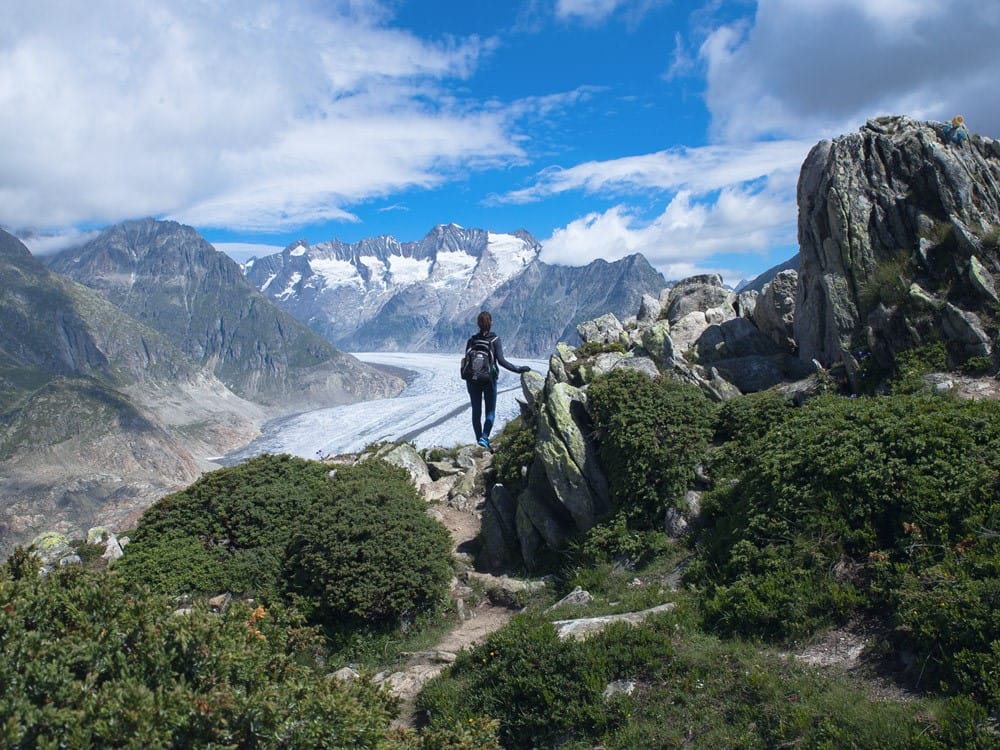UN CC:Learn is expanding its portfolio with a focus on multilingualism, with the aim to reach out to many more interested learners. Courses are currently available in 12 different languages.
As part of this process, users can now take the flagship course on “Climate Change: From Learning to Action” in Russian, adding up to the three other languages previously available: English, Spanish and French. This course is an updated version of the original “Introductory e-Course on Climate Change”, which has had more than 100,000 enrollments and issued over 15,000 certificates of course completion since it was made available in 2014, making it the most successful course on the e-learning platform.
From youth climate movements to the uptake of environmentally friendly habits, people around the world are more aware of climate change and its effects than ever and are demanding and taking concrete action. Introducing climate change issues and solutions and offering through an interactive learning experience, the course can provide a first step towards more understanding and engagement in this area.
The e-course aims to enhance climate literacy across all sectors of society; therefore, it is open to anyone interested, from those who would like to learn more about the subject to those who want to turn their knowledge into action to take a stand against this issue. Upon completion of the six modules, users will be able to:
- Explain what climate change is;
- Describe how we plan to adapt to the negative impacts of climate change;
- Identify opportunities for low carbon development;
- Identify ways to plan and finance climate actions;
- Explain how climate negotiations work;
- Formulate a climate pledge, project or policy.
Each module is composed of 4 to 5 learning units featuring a mix of tools that deliver key content and engage the learners. As part of the course, participants are also invited to develop a concrete action plan or project to tackle climate change.
Each module, which can be accessed in random order, answers a specific question:
- What is climate change and how does it affect us?
- How to adapt to climate change?
- How to mitigate climate change?
- How to plan and finance action on climate change?
- How do climate change negotiations work?
- How to tackle climate change in practice?
The course remains self-paced and free of charge. It takes an average of 8 hours to complete. However, users have the possibility to take only the modules that interest them most. A quiz at the end of each module allows participants to measure the achievement of the learning objectives. A certificate of completion is awarded to learners who score 70% or higher in all six quizzes.
Take up “Climate Change: From Learning to Action” in English, Spanish, French and Russian.

